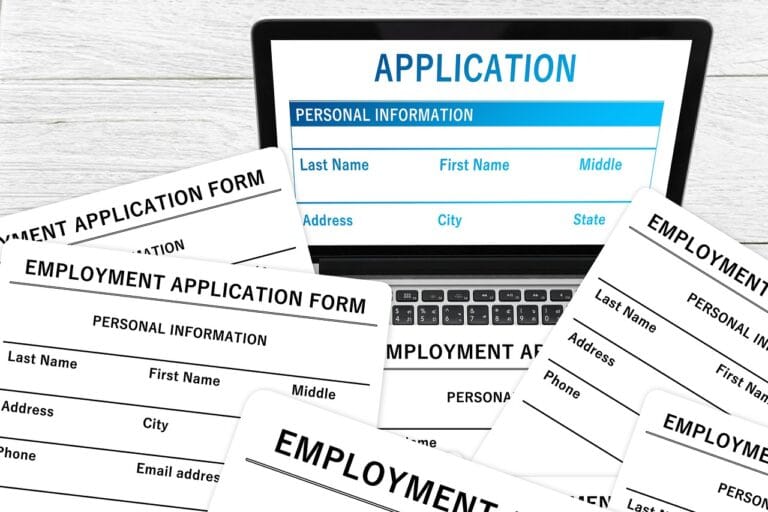Are Remote Workers Really Paid Less? The Truth About Geo-Pay
Summary
Remote salaries aren’t automatically lower — they depend on employer policies, geo-pay strategies, and role demand. Some companies reduce pay based on your cost of living, while others maintain equal pay across locations to stay competitive. Use platforms like FlexJobs to find transparent employers, and consult TaxHub for financial planning if geo-pay affects your income. Tools like Avast help keep your remote work setup secure while navigating salary negotiations.
Remote work has opened doors worldwide, but it’s also sparked a tough question: Do remote workers actually earn less than their in-office peers? The short answer is—it depends. Many companies are embracing “geo-pay” (geography-based pay), adjusting salaries depending on where employees live. Others have shifted to transparent, location-agnostic pay scales.
If you’re planning a career move, it’s critical to understand how geo-pay impacts your earning potential—and how you can protect your salary while working remotely.
What Is Geo-Pay?
Geo-pay is when companies adjust compensation based on your cost of living. For example:
- A software engineer in San Francisco might earn $140K/year.
- The same role in Boise, Idaho could drop to $105K/year under geo-adjustment.
Companies argue this is “fair” because cost of living differs. But remote workers push back, pointing out that skills, not zip codes, should determine pay.
Remote Salary Data Snapshot
Here’s a quick look at recent salary trends for remote workers:
| Role | High-Cost City (SF/NYC) | Mid-Cost City (Denver/Austin) | Low-Cost City (Remote Midwest) |
|---|---|---|---|
| Software Engineer | $140K | $120K | $105K |
| Marketing Manager | $95K | $80K | $70K |
| Customer Support Lead | $65K | $55K | $48K |
| Data Analyst | $110K | $92K | $78K |
Source: Harvard Business Review
As you can see, geo-pay can create a 20–30% salary gap—depending entirely on where you live, not your output.
Why Companies Use Geo-Pay
- Cost Savings – Employers reduce payroll expenses by adjusting for lower-cost regions.
- Equity Argument – Some argue geo-pay is “fair” since employees in cheaper areas have more buying power.
- Retention Strategy – It allows them to hire nationwide without overpaying relative to local markets.
But many professionals argue it devalues skill and experience—and hurts retention in competitive fields like tech.
Which Companies Offer Location-Agnostic Pay?
The good news: A growing number of employers are ditching geo-pay altogether. Companies like Spotify and Reddit now pay employees the same salary for a role, no matter where they live.
👉 Want to find more employers with transparent pay policies?
Check out FlexJobs, which highlights remote-first companies that list pay ranges upfront.
Tax Implications of Geo-Pay
Here’s where it gets tricky: even if your salary is adjusted, your tax obligations remain unchanged. A $95K salary in Denver vs. $140K in San Francisco may result in different tax liabilities, but compliance is non-negotiable.
That’s why working with an expert service like TaxHub is critical. They specialize in remote worker taxes, helping you:
- Understand multi-state or international tax rules.
- Maximize deductions if you work from home.
- Avoid unexpected penalties.
How to Protect Your Salary as a Remote Worker
🚀 FlexJobs Subscription
Curated remote job board with premium listings.
30% off for RWC readers – $29.95.
Get This Deal
🚀 Avast Premium Security
Security suite to keep your remote work devices protected.
Save up to 40% today – $39.99.
Get This Deal
🚀 NordVPN Subscription
VPN for secure remote work connections and privacy.
Up to 63% off annual plans – $59.88.
Get This Deal
Negotiate Upfront
Ask about pay transparency before signing a contract.
Upskill for Leverage
The more in-demand your skills, the harder it is for employers to justify geo-pay cuts.
Work for Remote-First Companies
Firms like those on FlexJobs and Remote Rocketship tend to avoid heavy location-based pay cuts.
Secure Your Setup
Employers sometimes justify lower pay citing “risk factors” in remote environments. Stay protected with tools like Avast, which guard against data breaches and cyber threats.
Support Cluster Connection
If you’re weighing salaries across borders, check out our guide on the Best Countries for Digital Nomads. It breaks down where professionals can maximize both earnings and lifestyle.
Final Thoughts
So—are remote workers paid less? The reality is nuanced:
- Many companies still use geo-pay, cutting compensation outside high-cost hubs.
- A growing number of forward-thinking employers, however, are embracing location-agnostic pay.
- Remote workers who negotiate, upskill, and choose the right employers can avoid the geo-pay penalty.
Bottom line: Don’t accept a lower salary just because you’ve chosen a better quality of life outside a big city. With the right strategy, you can work remotely without sacrificing earnings.







